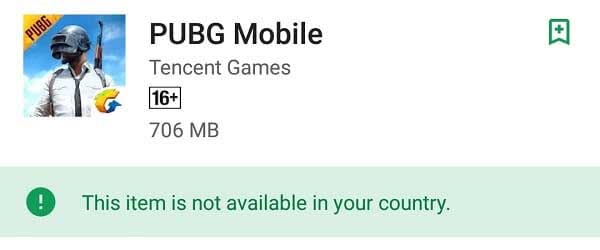You might have heard of Proxy before. In this post, we are going to give you all the needed information about it. First, take a look at this picture:
Have you ever seen this message?

All the devices on the Internet are known by their IP. So, when something like the above message happens, it’s because they don’t want your IP to access the requested server. This IP restriction can happen for various. At this point, you might wish that there was a way that you could change your IP. That’s when a proxy can help you.
What is a Proxy Server?
Proxy can be a server or a software installed on a device. This means that there are some network devices that you can config and use them as a proxy server.
What does it do?
Proxy server a middleman between you and the requested server. It receives your request, send it to the requested server and then collects the server’s response and gives it to you. What’s the point? Well, remember the problem we mentioned at the beginning of this article? Proxy can somehow do something that the server wouldn’t understand it’s you who is requesting.
Let’s explain to you the exact process. You open your browser and look for a website or you look for an application (both of these are requests that should be sent to a server). You are connected to the Internet by your unique ip address so if your ip is restricted, you wouldn’t be able to get a response for your request. This is when the proxy comes in and acts as a middleman. The proxy will receive the request from you and then sends it with one of its own ips, to the requested server. The server won’t see your ip address and can only see the proxy server’s ip so It’ll respond. The proxy gets the response and gives it to us. Both server and the end user don’t see and feel these steps. For them, all of these happen like a normal request and response. So, It is kind of invisible to the Internet and only helps us to get what we want.

Benefits:
Access to blocked resources: We’ve already discussed this important benefit. To say it shortly, it can request a server (web server or …) on your behalf (with its own ip) and give us the response.
Bandwidth savings and improved speeds: Proxy can cache a website (save a copy of it). So, when a server gets a lot of requests, the proxy will only send request there once and caches the responded information. So, The next time a request for that server comes in, It will search in its cache first. If it finds the needed information, it will pass that to you and won’t request to the target server anymore.So, this makes the request process faster and uses less bandwidth because the proxy will send requests only if doesn’t have the response on its cache.
Improved security: Proxy servers can be configured to encrypt your web requests to keep prying eyes from reading your transactions.





